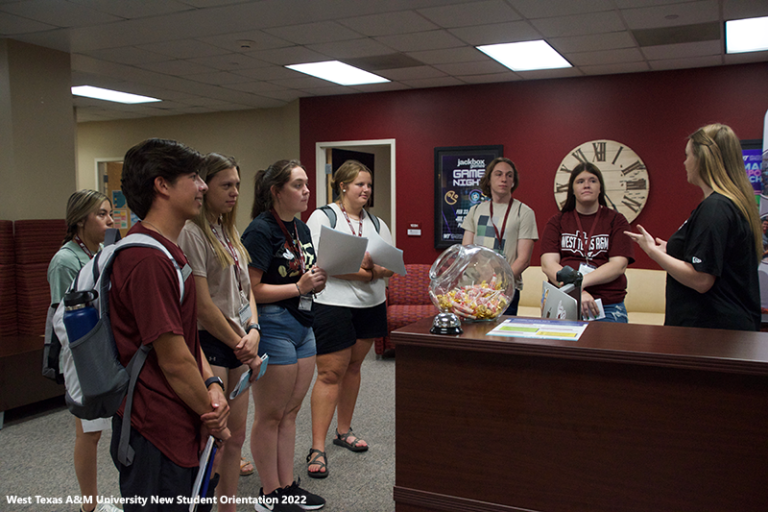
Foundation for a Fulfilling College Experience
Second in a series of reflections on student life at West Texas A&M University. For students to engage in a rewarding and complete campus experience, little is more important than the foundation laid in the first year. Many universities have…



